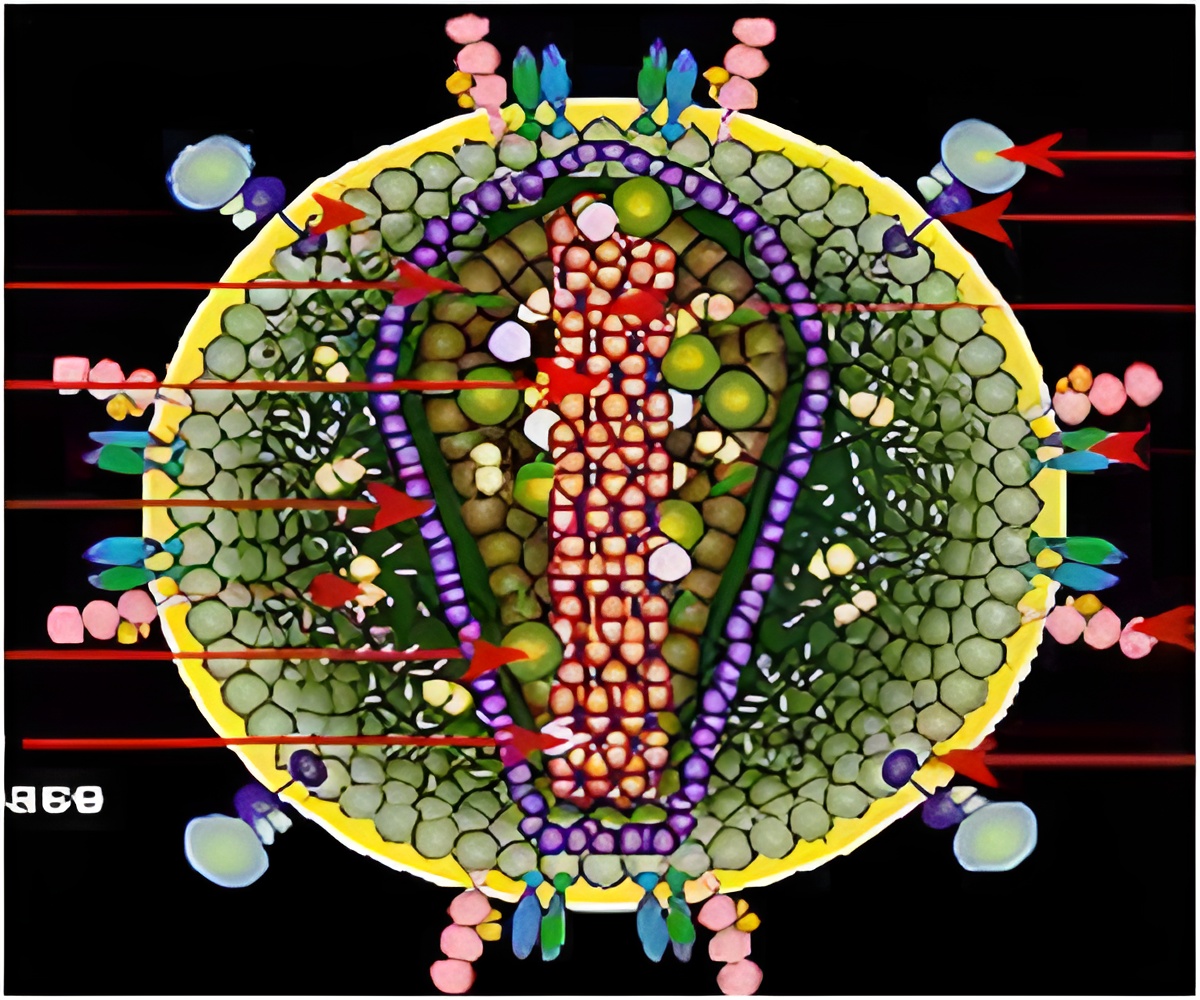Until recently, researchers have puzzled over how the HIV virus adapts to human hosts.

In a study published in PLOS Genetics, which traces the evolution of HIV in North America, the Brumme lab and colleagues at the BC Centre for Excellence in HIV/AIDS, Harvard University, the New York Blood Center, and The San Francisco Department of Public Health found evidence that the virus is slowly adapting over time to its human hosts. However, this change is so gradual that it is unlikely to have an impact on vaccine design.
"HIV adapts to the immune response in reproducible ways. In theory, this could be bad news for host immunity – and vaccines - if such mutations were to spread in the population " says Brumme. "Just like transmitted drug resistance can compromise treatment success, transmitted immune escape mutations could erode our ability to naturally fight HIV".
Researchers characterized HIV sequences from patients dating from 1979, the beginning of the North American HIV epidemic, to the modern day. Data analysis – which required the painstaking recovery of viral RNA from historic specimens – was led by a trio of SFU graduate students.
The team reconstructed the epidemic's ancestral ("founder") HIV sequence and from there they assessed the spread of immune escape mutations in the population.
"Overall, our results show that the virus is adapting very slowly in North America" said Brumme. "In parts of the world harder hit by HIV though, rates of adaptation could be higher."
Advertisement
Advertisement















